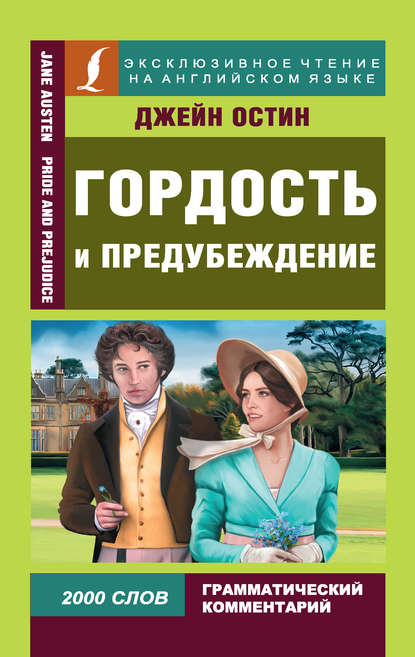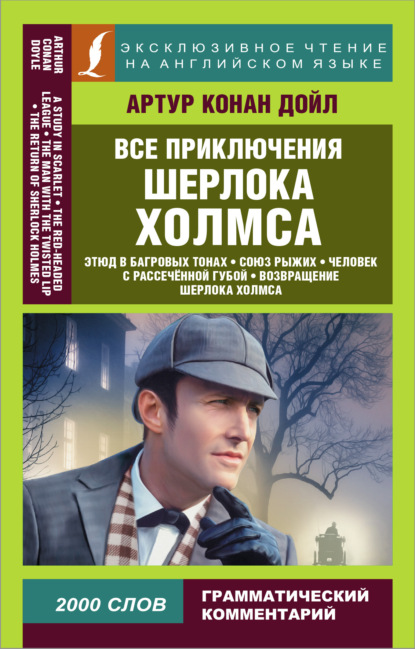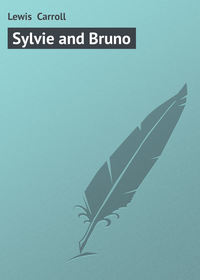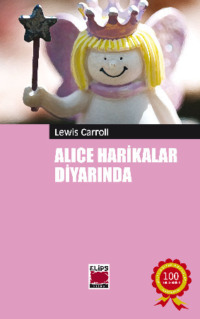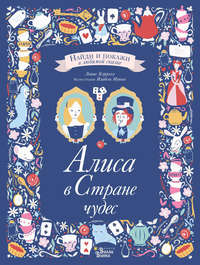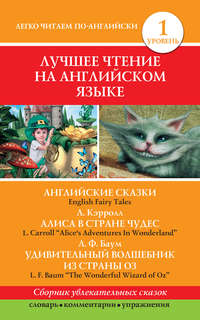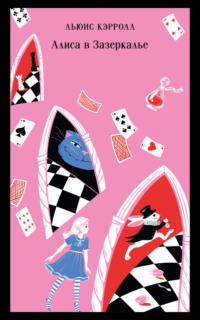Алиса в Стране чудес / Alice’s Adventures in Wonderland. Алиса в Зазеркалье / Through the Looking-glass, and What Alice Found There
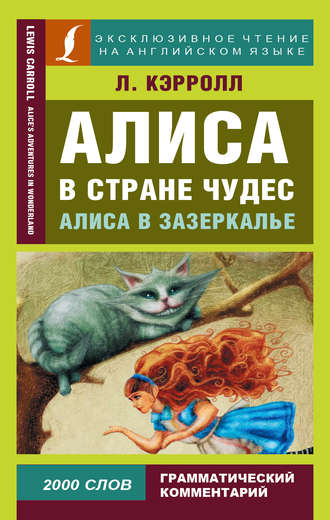
Полная версия
Алиса в Стране чудес / Alice’s Adventures in Wonderland. Алиса в Зазеркалье / Through the Looking-glass, and What Alice Found There
Жанр: зарубежная классикаизучение языкованглийский языклексический материалтекстовый материаланглийская классиказнания и навыки
Язык: Английский
Год издания: 2016
Добавлена:
Серия «Эксклюзивное чтение на английском языке»
Настройки чтения
Размер шрифта
Высота строк
Поля
Конец ознакомительного фрагмента
Купить и скачать всю книгу

